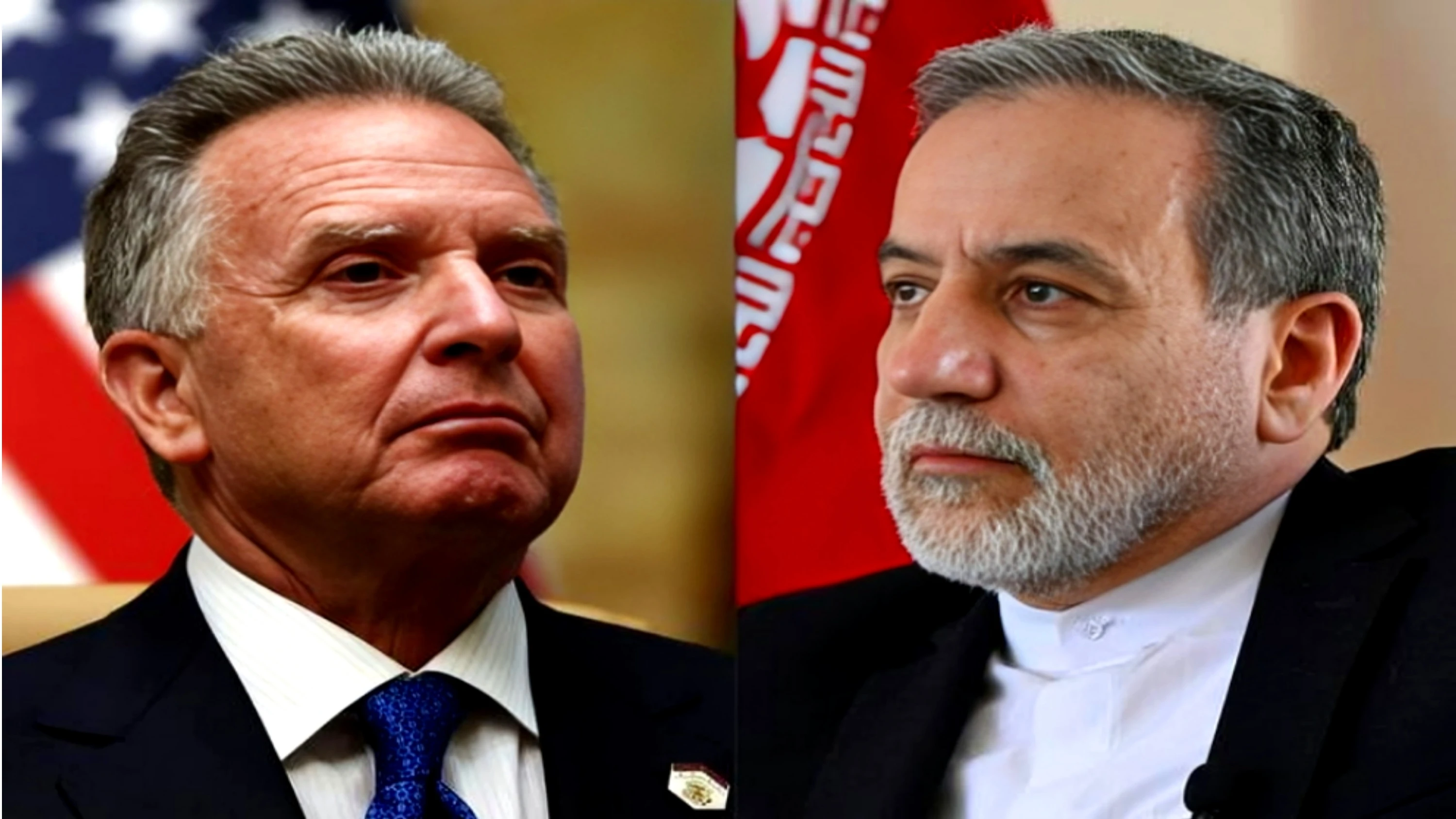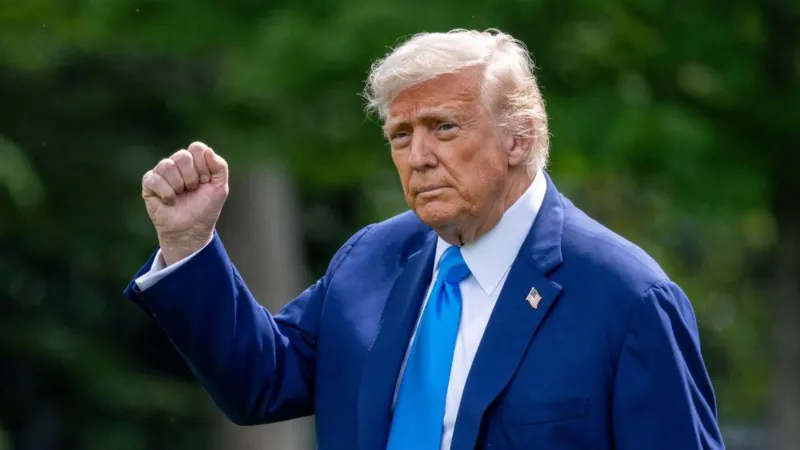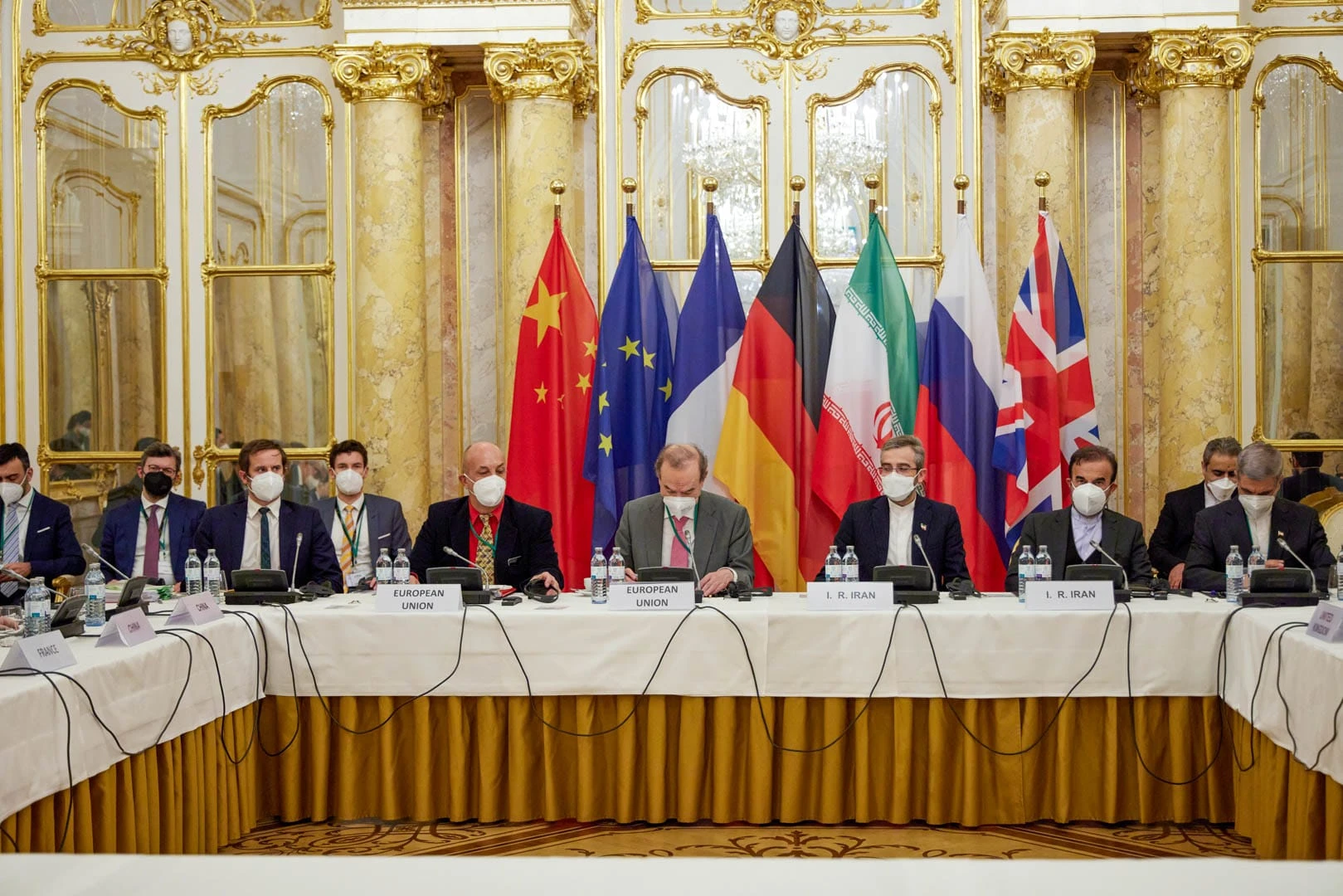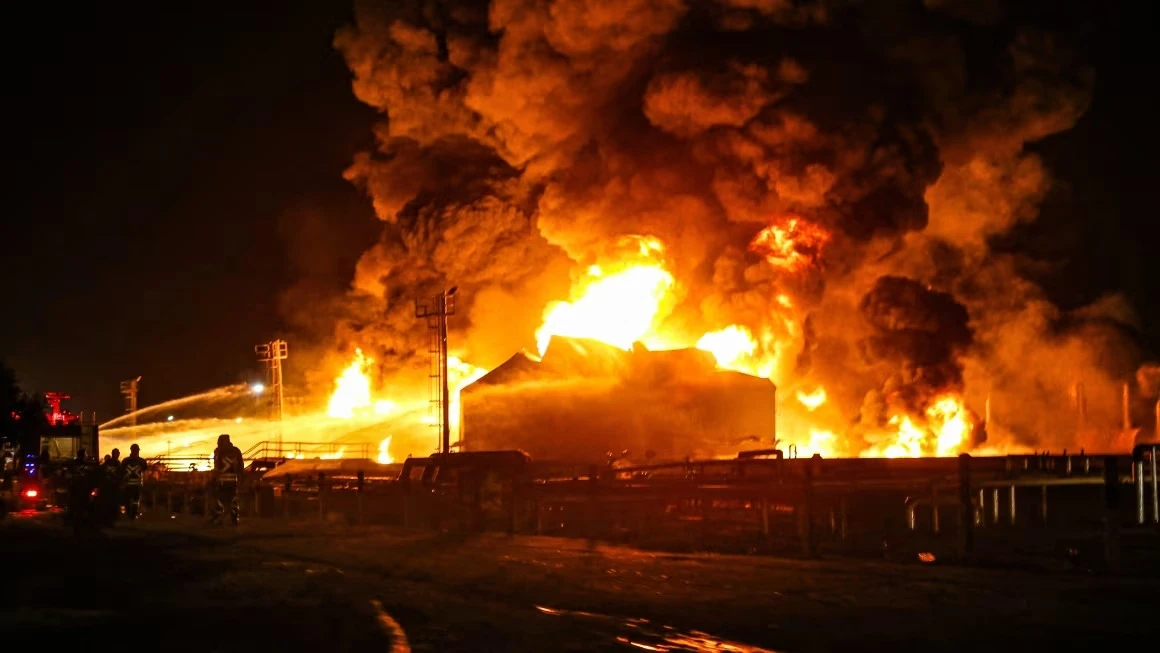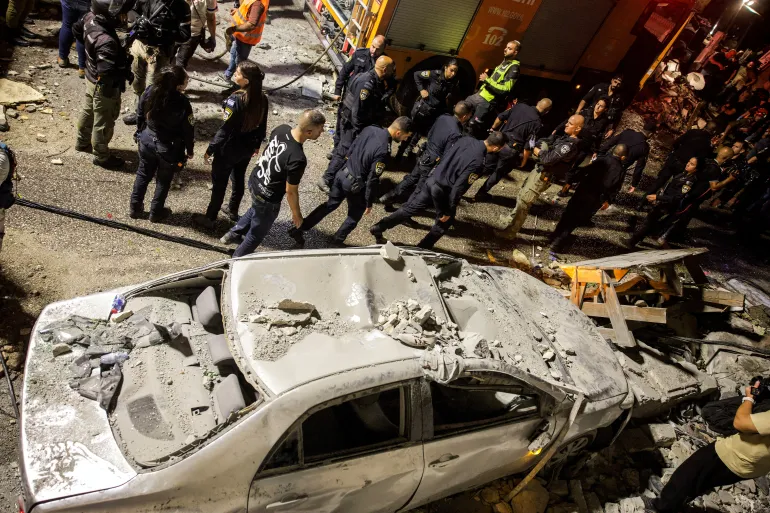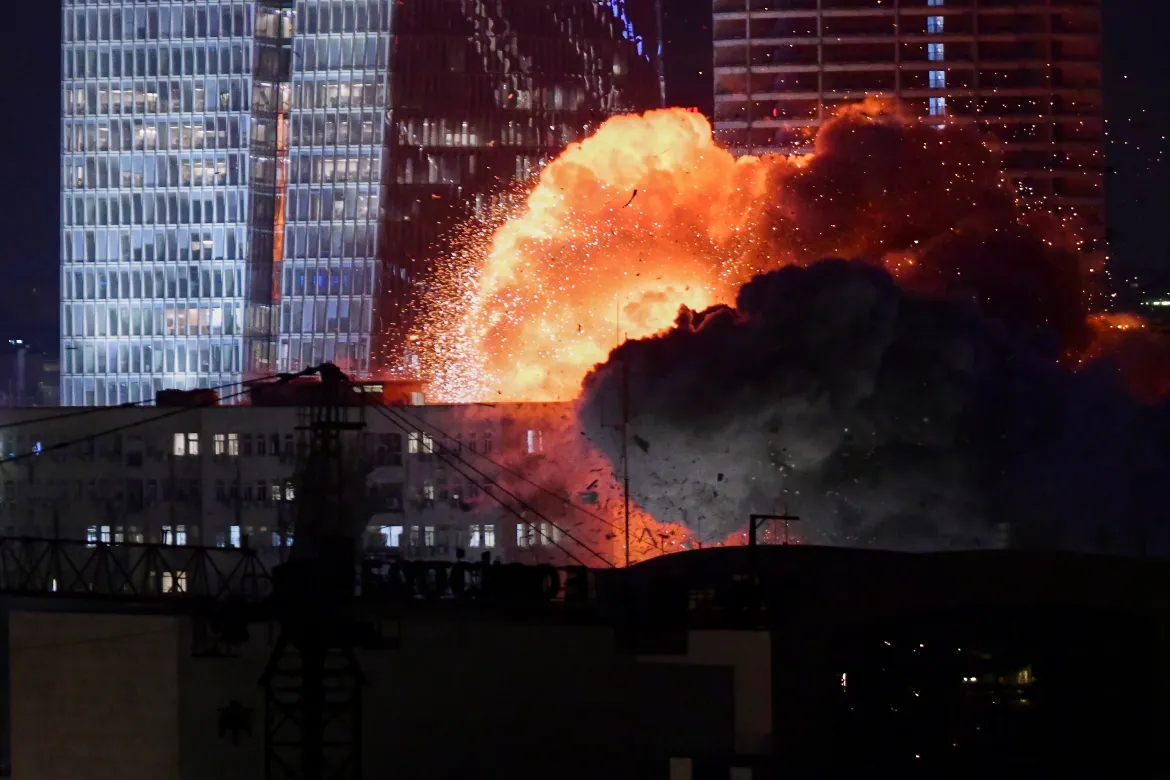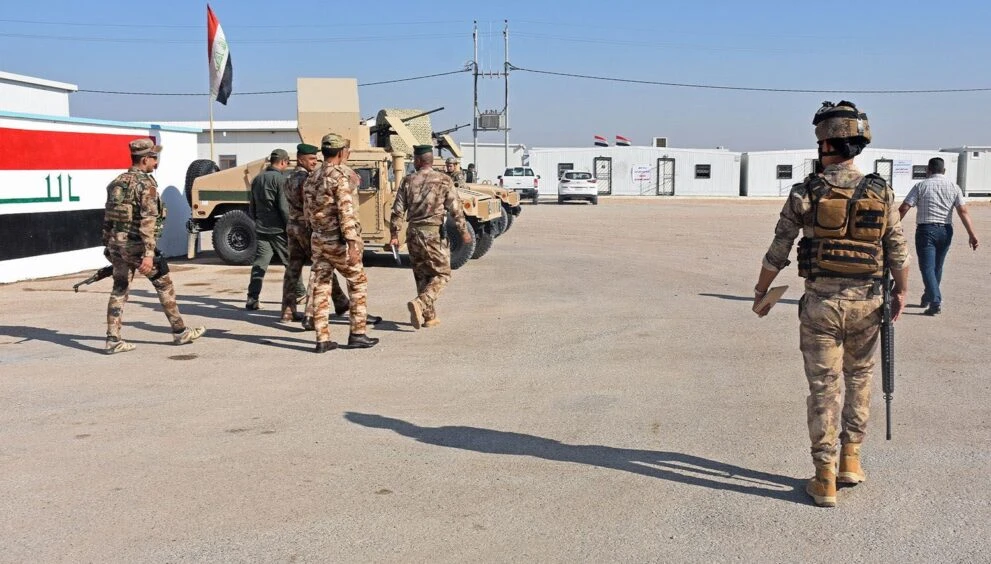Masqat: Iran and the United States are set to hold a second round of nuclear negotiations on April 19, according to Iranian state media, following a rare face-to-face meeting between the two nations in Muscat — the first since President Donald Trump returned to office.
While U.S. officials have yet to comment, Iranian state television confirmed that U.S. Mideast envoy Steve Witkoff and Iranian Foreign Minister Abbas Araghchi briefly exchanged words. Though described by Iran as a short and polite interaction, the direct nature of the conversation marks a significant shift after years of indirect messaging and diplomatic silence.
Talks kicked off Saturday afternoon on the outskirts of Muscat, lasting just over two hours. Journalists observed Witkoff’s convoy leaving the Omani Foreign Ministry and heading to the meeting location, while Iran’s Foreign Ministry confirmed the start of indirect discussions via a post on X by spokesman Esmail Baghaei.
Iranian officials were quick to go public with news of the encounter, possibly preempting a social media announcement by Trump himself. The rare direct contact was reportedly a condition set by the U.S., with both sides signaling interest in swift and substantive negotiations.
Speaking to Iranian state media, Araghchi characterized the initial talks as “constructive,” with four rounds of messages exchanged during the indirect phase. He emphasized that neither side wanted prolonged or superficial negotiations, stating that both parties aimed to reach a resolution quickly — though acknowledging the difficulty ahead.
Before his trip, Witkoff told The Wall Street Journal that the U.S. is starting from a firm position: complete dismantlement of Iran’s nuclear capabilities. However, he hinted at potential flexibility in the margins of the talks. He made clear, though, that “weaponization” of Iran’s program remains a red line.
Iran, on the other hand, remains unlikely to abandon its nuclear program entirely. While it might agree to limit enrichment to 20%, as it has before, it will almost certainly reject the so-called “Libya model” proposed by Israeli Prime Minister Benjamin Netanyahu, which involves a total dismantlement under American oversight.
For Iranian leaders like Supreme Leader Ayatollah Ali Khamenei, Libya serves as a cautionary tale — a country whose leader gave up nuclear ambitions only to be overthrown and killed.
Oman’s Foreign Minister Badr al-Busaidi, who facilitated the talks, expressed optimism. He described the negotiations as friendly and productive, reaffirming Oman’s commitment to helping both sides reach a “fair and binding agreement” for regional and global stability.
The outcome of these discussions may prove critical, as Iran now possesses uranium enriched up to 60% — dangerously close to weapons-grade — and its current stockpile could enable it to develop multiple nuclear warheads if it chooses to take that path.


